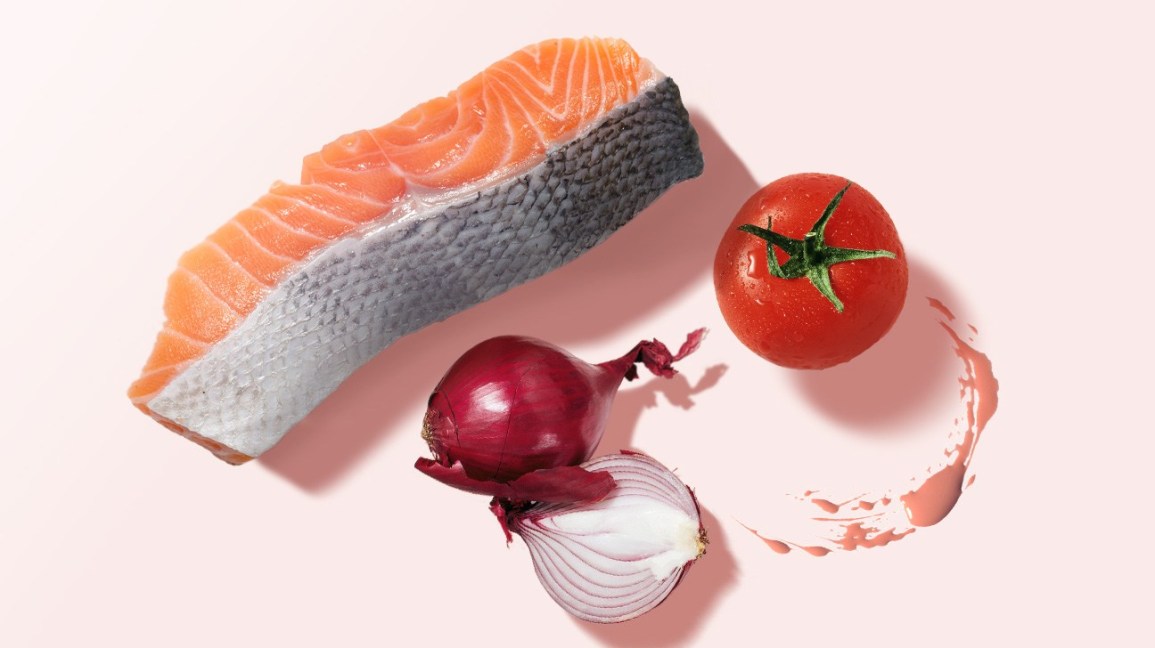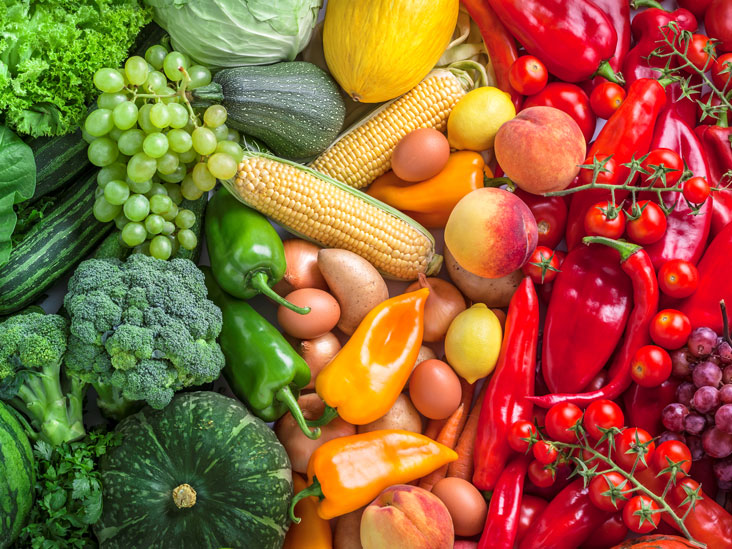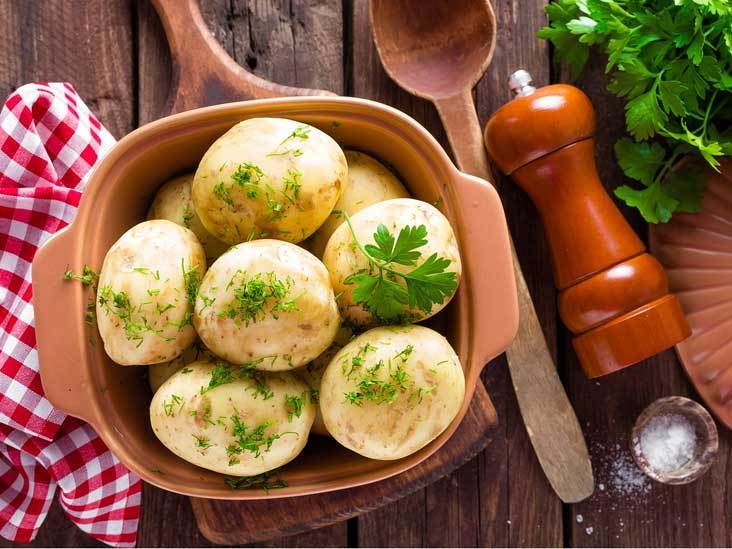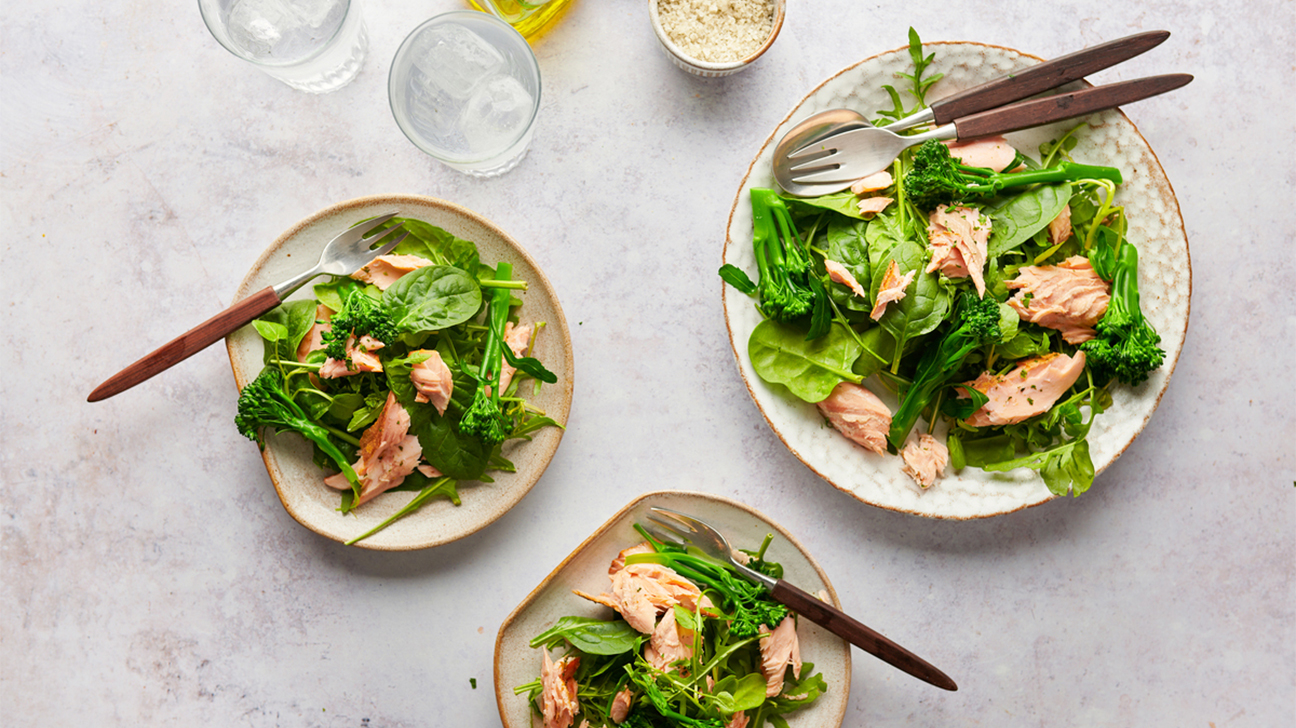These 7 Foods Might Help Alleviate Seasonal Allergy Symptoms
1. Ginger
Many of the unpleasant allergy symptoms come from inflammatory issues, like swelling and irritation in the nasal passages, eyes, and throat. Ginger can help reduce these symptoms naturally.
For thousands of years, ginger has been used as a natural remedy for a number of health problems, like nausea and joint pain. It’s also been proven to contain antioxidative, anti-inflammatory phytochemical compounds. Now, experts are exploring how these compounds may be useful for combating seasonal allergies. In a 2016 animal study, ginger suppressed the production of pro-inflammatory proteins in the blood of mice, which led to reduced allergy symptoms.
There doesn’t appear to be a difference in the anti-inflammatory capacity of fresh ginger versus dried. Add either variety to stir fries, curries, baked goods, or try making ginger tea.
2. Bee pollen
Bee pollen isn’t just food for bees — it’s edible for humans, too! This mixture of enzymes, nectar, honey, flower pollen, and wax is often sold as a curative for hay fever.
Research shows bee pollen can have anti-inflammatory, antifungal, and antimicrobial, properties in the body. In one animal study, bee pollen inhibited the activation of mast cells — a crucial step in preventing allergic reactions.
What kind of bee pollen is best, and how do you eat it? “There is some evidence to support the consumption of local bee pollen to help build your body’s resistance to the pollen that you are allergic to,” says Stephanie Van’t Zelfden, a registered dietitian who helps clients manage allergies. “It is important that the honey be local so that the same local pollen your body is allergic to is contained in the bee pollen.” If possible, look for bee pollen at your local farmer’s market.
Bee pollen comes in small pellets, with a flavor some describe as bittersweet or nutty. Creative ways to eat it include sprinkling some on yogurt or cereal, or blending it into a smoothie.
3. Citrus fruits
While it’s an old wives’ tale that vitamin C prevents the common cold, it may help shorten the duration of a cold as well as offer benefits for allergy sufferers. Eating foods high in vitamin C has been shown to decrease allergic rhinitis, the irritation of the upper respiratory tract caused by pollen from blooming plants.
So during allergy season, feel free to load up on high-vitamin C citrus fruits like oranges, grapefruit, lemons, limes, sweet peppers, and berries.
4. Turmeric
Turmeric is well-known as an anti-inflammatory powerhouse for a good reason. Its active ingredient, curcumin, has been linked to reduced symptoms of many inflammation-driven diseases, and could help minimize the swelling and irritation caused by allergic rhinitis.
Although turmeric’s effects on seasonal allergies haven’t been studied extensively in humans, animal studies are promising. One showed that treating mice with turmeric reduced their allergic response.
Turmeric can be taken in pills, tinctures, or teas — or, of course, eaten in foods. Whether you take turmeric as a supplement or use it in your cooking, be sure to choose a product with black pepper or piperine, or pair turmeric with black pepper in your recipe. Black pepper increases the bioavailability of curcumin by up to 2,000 percent.
5. Tomatoes
Though citrus tends to get all the glory when it comes to vitamin C, tomatoes are another excellent source of this essential nutrient. One medium-size tomato contains about 26 percent of your recommended daily value of vitamin C.
Additionally, tomatoes contain lycopene, another antioxidant compound that helps quell systemic inflammation. Lycopene is more easily absorbed in the body when it’s cooked, so choose canned or cooked tomatoes for an extra boost.
6. Salmon and other oily fish
Could a fish a day keep the sneezing away? There’s some evidence that the omega-3 fatty acids from fish could bolster your allergy resistance and even improve asthma.
A German study from 2005 found that the more eicosapentaenoic (EPA) fatty acid people had in their bloodstream, the less their risk of allergic sensitivity or hay fever.
Another more recent study showed that fatty acids helped decrease the narrowing of airways that occurs in asthma and some cases of seasonal allergies. These benefits likely come from omega-3s’ anti-inflammatory properties.
The American Heart Association and Dietary Guidelines for Americans recommend that adults get 8 ounces of fish per week, especially low mercury “fatty” fish like salmon, mackerel, sardines, and tuna. To increase your chances of allergy relief, strive to hit or exceed this target.
7. Onions
Onions are an excellent natural source of quercetin, a bioflavonoid you may have seen sold on its own as a dietary supplement.
Some researchTrusted Source suggests that quercetin acts as a natural antihistamine, reducing the symptoms of seasonal allergies. Since onions also contain a number of other anti-inflammatory and antioxidant compounds, you can’t go wrong including them in your diet during allergy season. (You just might want to freshen your breath afterward.)
Raw red onions have the highest concentration of quercetin, followed by white onions and scallions. Cooking reduces the quercetin content of onions, so for maximum impact, eat onions raw. You might try them in salads, in dips (like guacamole), or as sandwich toppings. Onions are also prebiotic-rich foods which nourish healthy gut bacteria and further support immunity and health.
Last word
The blooming and flowering of springtime can be a beautiful thing. These foods aren’t meant to replace any treatment for seasonal allergies, but they can help as part of your overall lifestyle. Making the dietary additions above may allow you to reduce inflammation and allergic response to savor the season, rather than sneeze your way through it.





